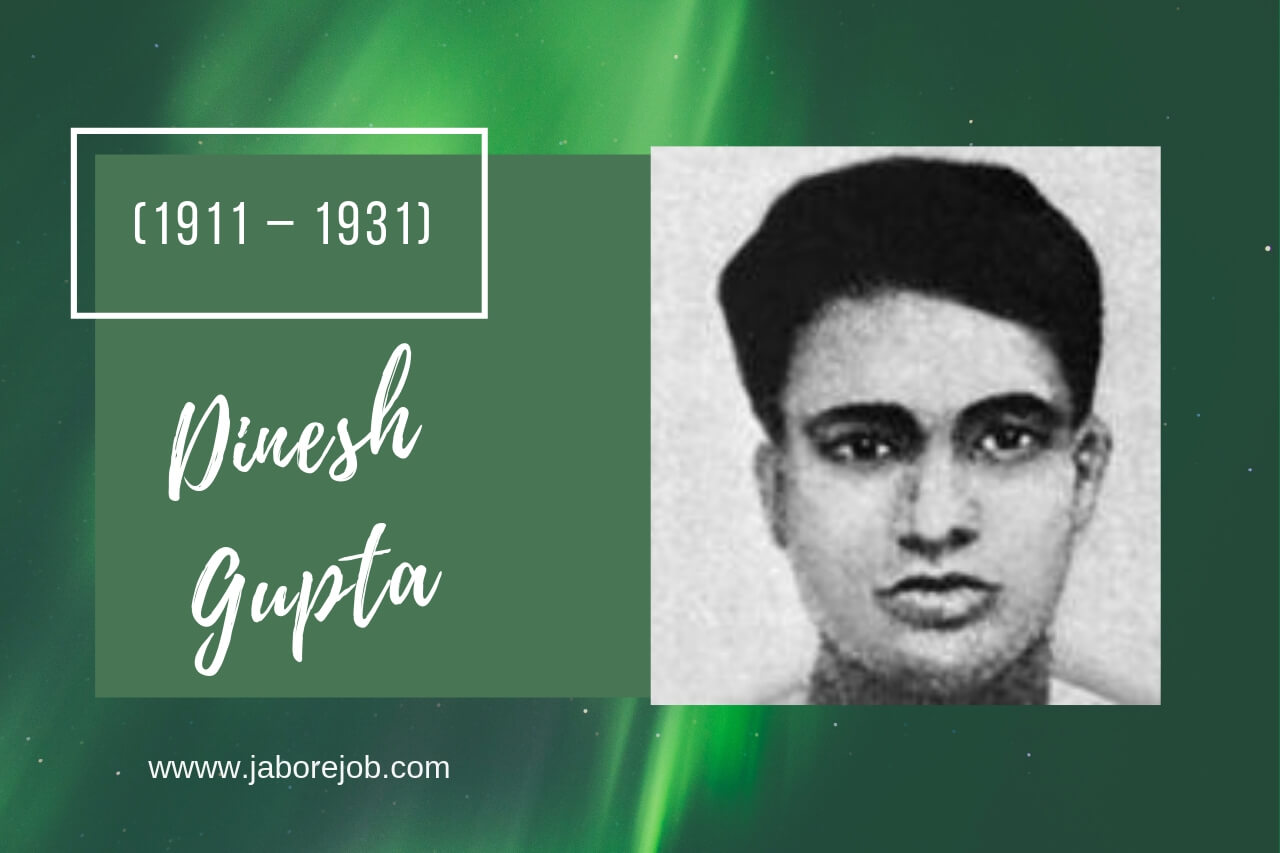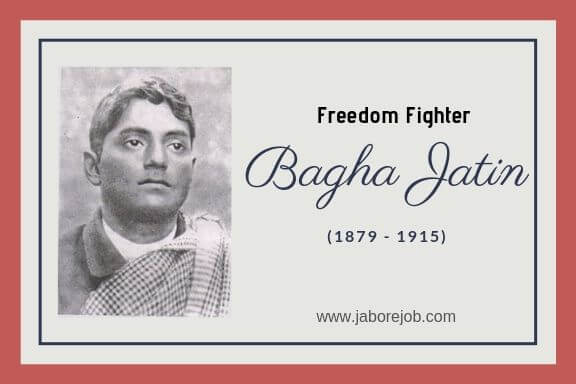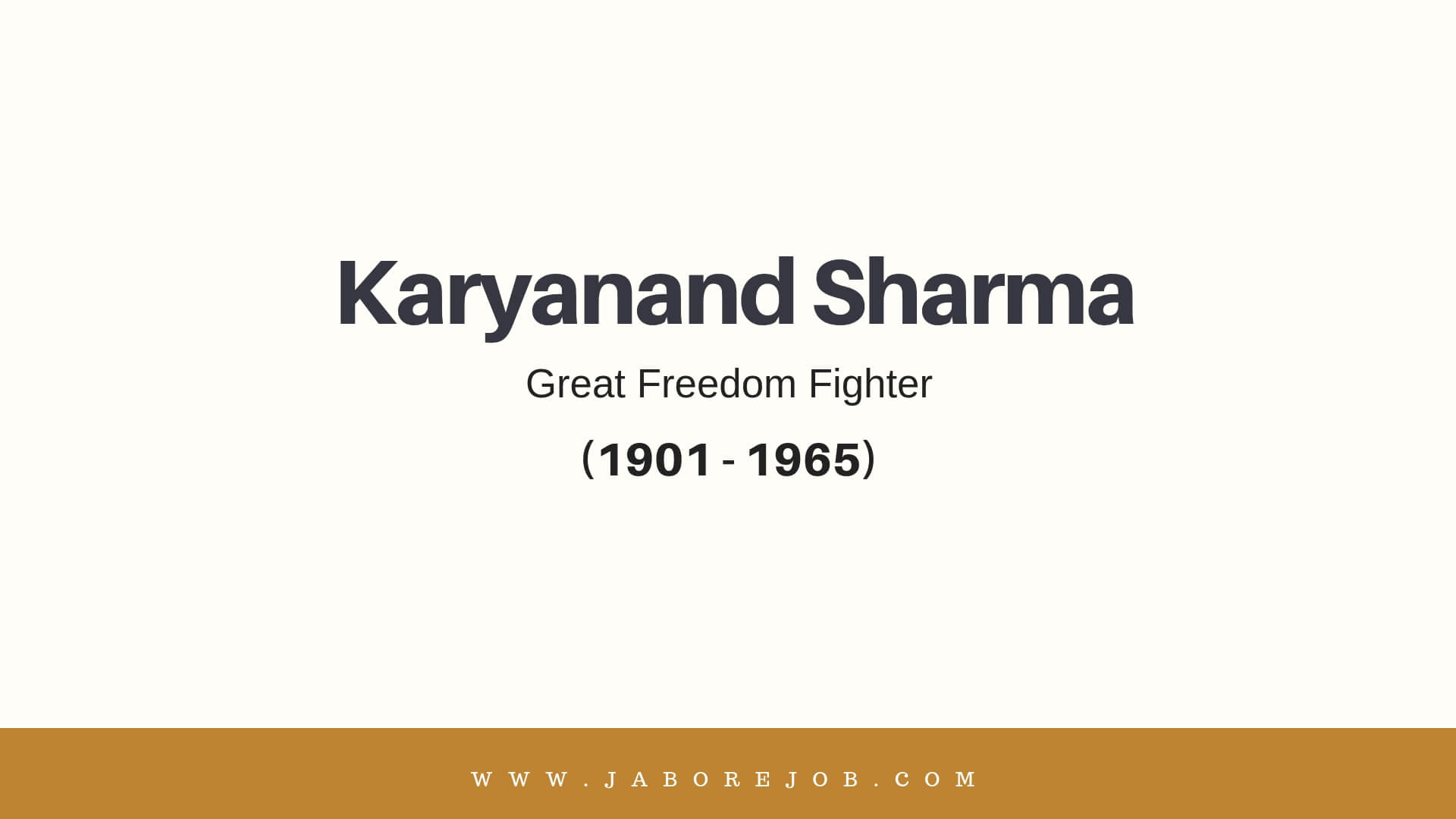Bhupendranath Datta is a very important personality in the history of India being an active member on many issues who was even good at writing and wrote many books on different topics such as politics, history, etc.
He has even written books in many other languages, such as English, Bengali, Hindi, etc.
Bhupendranath Datta Biography
| Name | – | Bhupendranath Datta |
| Date of Birth | – | 4th September 1880 |
| Birth Place | – | Kolkata |
| Education | – | New York University |
| Father | – | Vishwanath Datta |
| Mother | – | Bhuvaneshwari Datta |
| Siblings | – | Swami Vivekananda |
| Movement Involved | – | Indian Independence Movement |
| Date of Death | – | 25th December 1961 |
| Death Place | – | Kolkata |
History of Bhupendranath Datta
Bhupendranath Datta was a well-known Indian sociologist and revolutionary who played an important role in the Jugantar movement and also worked as an editor of a Patrika, after which he was arrested by the British force.
He was a person who played a very important role in political activities and became a member of the Indian Independence Movement.
Education of Bhupendranath Datta
He was born in Calcutta on September 4, 1880. Bhupendranath Datta was born for Vishwanath Datta and Bhuvaneshwari Datta.
His father worked as a lawyer in the High Court of Calcutta and his mother was a housewife. He had two older brothers, Narendranath Datta, later known as Swami Vivekananda and Mahendra Datta.
Bhupendranath Datta passed his entrance examination at the Metropolitan Institute of Ishwar Chandra Vidyasagar. Later, it became a part of Brahmo Samaj that was directed by Debendranath Tagore and Keshub Chandra Sen.
He continued his studies and completed in the United States at Brown University. In 1923, he even obtained his doctorate at the University of Hamburg.
His Contributions Towards Nation
Bhupendranath Datta did his work in different parts and places. He decided to join the Indian Independence Movement and make his contributions.
In 1902, he joined the revolutionary society of Bengal that was formed and directed by Pramathanath Mitra.
He became the editor in 1906 of a newspaper called Jugantar Patrika. The Bengal Revolutionary Party has this article to express its voice and motivate people. In his work, he was even sentenced to prison by the British police for a year.
Bhupendranath Datta also wrote a book about his elder brother, Swami Vivekananda, in which he wrote about the socialist vision of Swami Vivekananda.
He joined the Ghadar party, where he learned a lot about socialism and then went to Germany to begin his revolutionary activities and the struggle for freedom. In 1921, he even presented a document on the political situation in India.
The career in Indian National Congress
After participating in many activities in other parts of the world, he returned to India and joined the Indian National Congress.
In 1927, Bhupendranath Datta became an active member of the Bengal Regional Congress. Later, in 1929, he became a member of the Indian Congress Committee.
In 1930, he proposed a fundamental right that was intended for the editors of the annual conference held in Karachi.
Pandit Jawaharlal Nehru accepted the right since he was the head of the congressional committee. Being an active member in political activities, he was arrested several times by the British police.
He has given his last breath on 25th December 1961, but couldn’t find more details on his death.












